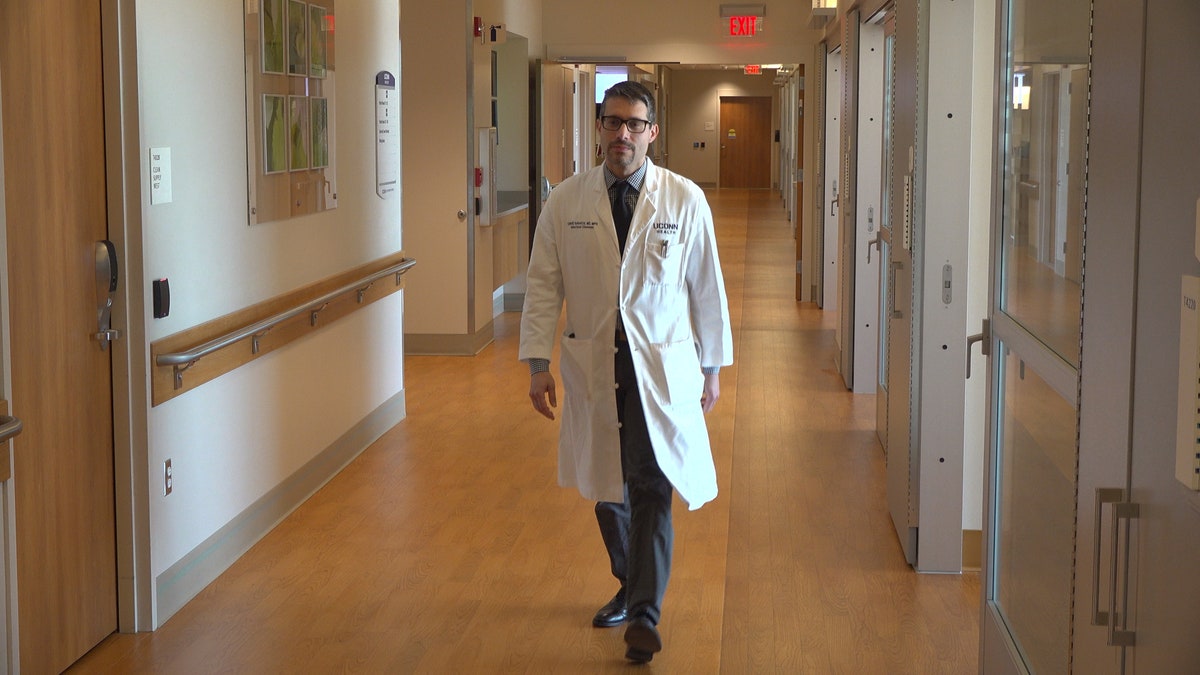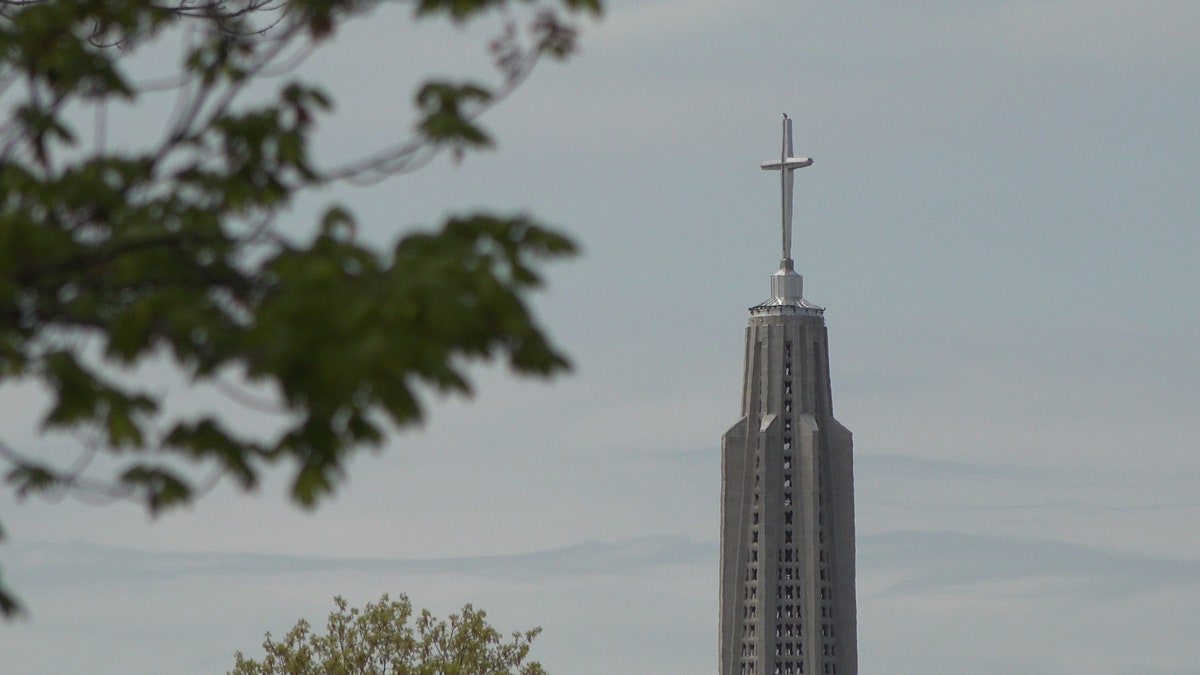More states push for tossing religious exemptions for vaccinations
While doctors and lawmakers argue that it would help stomp out the disease that was all but eliminated until this year, a group of Connecticut parents is up in arms about the idea.
HARTFORD, Conn. -- Connecticut and Alabama are the latest of more than a dozen states to consider tightening their vaccine rules for kids, in response to the worst measles outbreak in more than 25 years.
While doctors and lawmakers argue that it would help stomp out the disease that was all but eliminated until this year, a group of Connecticut parents is up in arms about the idea.
“We all want to maintain our religious freedoms and we want to be able to make [the] medical choice,” said Gabrielle Sellari, a stay-at-home mom associated with Health Choice CT, a group of vaccine skeptics who argue that they want to be the ones in charge of making vaccine decisions for their children. “None of us want our children to be sick. None of us want anybody else's children to be sick. But I think we need to take a step back.”

On Monday, U.S. health officials said 60 more measles cases were reported last week, driving up a 2019 tally that is already the nation’s highest in 25 years.
Following the recent resurgence of disease outbreaks, proponents of ending religious exemptions argue that it is being abused by “anti-vaxxers” who believe vaccines are harmful and cause autism.
US MEASLES COUNT RISES TO 764, DRIVEN BY NEW YORK OUTBREAKS
The number of parents claiming religious exemption has quadrupled in Connecticut in the last 15 years. There were just over 300 exemptions in the state in the 2003-2004 school year. Last school year, there were more than 1,200.
In Alabama, 3,587 students enrolled in public school have religious exemptions.
“For decades, we've had sufficient herd immunity so enough people in the community vaccinated that it hasn't led to these outbreaks,” said Dr. David Banach, head of infection prevention and hospital epidemiologist at the University of Connecticut Health. “As we have less and less children vaccinated within communities all it takes is one case to be introduced to spread throughout the community.”
Dr. Banach likens vaccinations to a sort of civic duty.
“There's a sort of public health obligation for individuals to consider when it comes to vaccination and herd immunity,” Banach said. “I think there is some responsibility that individuals have to the public in order to really reduce the occurrence of these infections.”

Dr. David Banach, head of infection prevention at the University of Connecticut Health, said there is overwhelming evidence that vaccines are safe for most healthy people.
While there have only been three confirmed cases of measles in Connecticut, across the country, there have been more than 700 cases this year so far. There are ongoing outbreaks right now in New York and Michigan.
FORMER ANTI-VAXX MOM EXPLAINS WHY SHE CHANGED HER MIND ABOUT GETTING HER KIDS INOCULATED
A similar bill in Oregon was met with a thousand-parent rally at the state capitol with chants of “we do not consent,” NPR reports. In Colorado, the bill reportedly died in the state senate.
Maine tried to water down its bill in the state senate to just eliminate philosophical exemptions while keeping religious ones. California did away with religious exemptions in 2015, and vaccination rates jumped.
Connecticut House Deputy Republican Leader Rep. Vincent Candelora argued there will be an unintended consequence to the bill if it becomes law.
“The result of this effort would be to deny children access to a public education,” said Candelora, pointing out the kids who do not meet vaccine requirements would be unable to attend public school in the state. “It's not just about whether or not somebody can exercise a religious exemption, it's whether or not you're going to be denying children access to public education.”
The issue has split both parties. Several Republicans in the state support removing the exemption, while Connecticut House Deputy Speaker Jack Hennessy, a Democrat, agrees with Candelora, a Republican.
“I'm very disappointed in the Democratic Party across the state legislature,” Hennesy said. “They are just handmaidens to the pharmaceutical company whose only mission is to increase sales and profits.”

While most religions do not have rules against getting vaccinated, the number of parents asking for religious exemptions for vaccines has soared in the past 15 years. (ROB DIRIENZO / Fox News)
From a legal perspective, University of Connecticut Law Professor Emeritus Richard Kay said eliminating the religious exemption is constitutionally permissible.
“Constitutional rights generally are not absolute rights,” Kay said. “I have a right to practice my religion, but I don't have a right to practice religion if the result of it is to expose your kid to a serious disease.”
CLICK HERE TO GET THE FOX NEWS APP
Earlier this week, the Connecticut Attorney General gave the legal green light for the proposal to move forward and a public hearing is expected on Monday. In Alabama, the bill has been referred to their House Committee on Health.
"We need to absolutely pump the brakes," said Candelora. "I think this is being overly politicized right now."













































